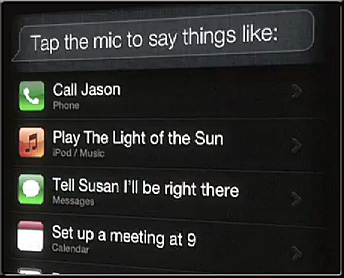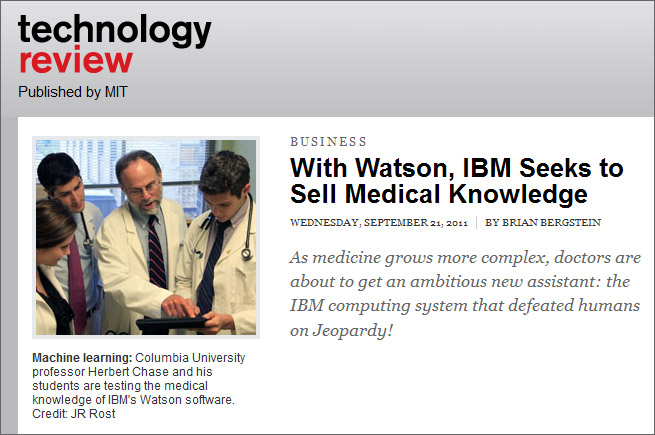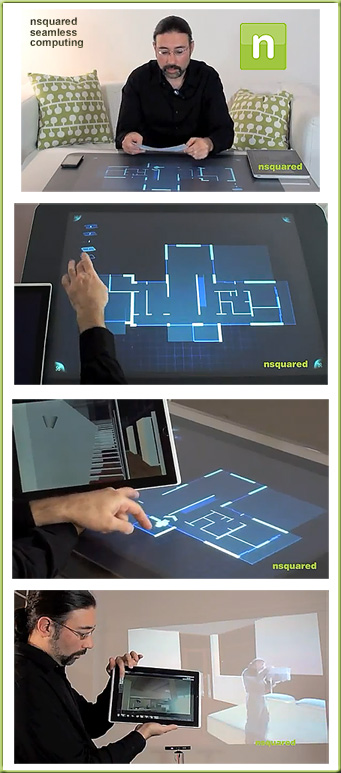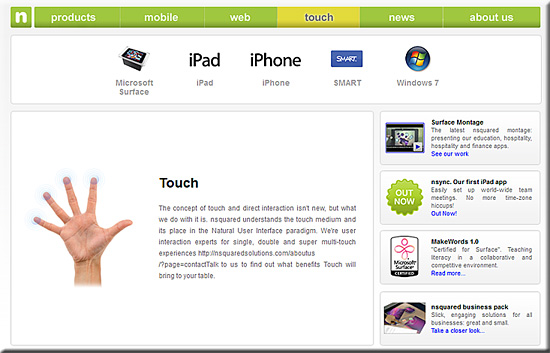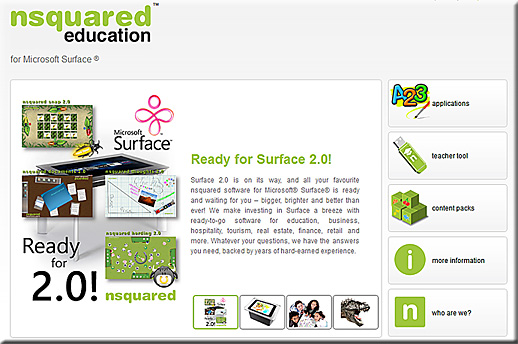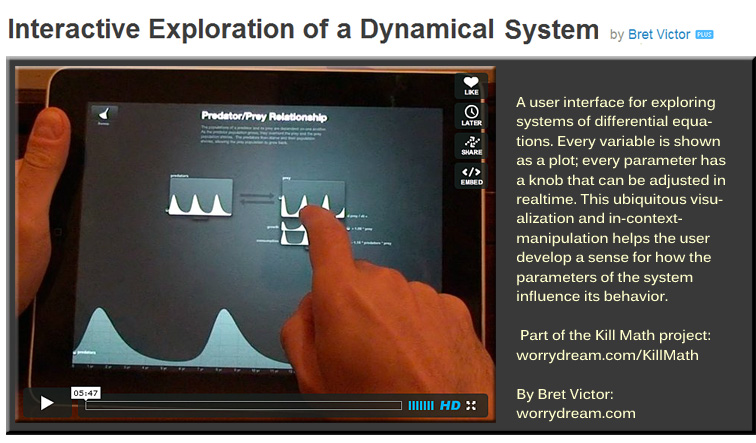SingularitySummit.com — conference website
Excerpt:
The Singularity Summit is the premier dialog on the Singularity. The first Singularity Summit was held at Stanford in 2006 to further understanding and discussion about the Singularity concept and the future of human technological progress. It was founded as a venue for leading thinkers to explore the subject, whether scientist, enthusiast, or skeptic. The goal of the Summit is to improve people’s thinking about the future and increasing public awareness of radical technologies under development today and of the transformative implications of such technologies understood as part of a larger process.
Singularity Summit 2011 — from the nextbigfuture.com
Singularity Summit 2011 videos — from the nextbigfuture.com
What you missed at Singularity Summit 2011 — from technoverseblog.com
Excerpt:
- David Brin (scientist and sci-fi novelist)
- Ray Kurzweil (inventor, restless genius, and author of The Singularity is Near)
- Stephen Wolfram (physicist, developer of Mathematica and Wolfram Alpha, genius)
- Dimitry Itskov (founder of Russia 2045)
- Michael Shermer (contrarian and founder of Skeptic magazine)
- Riley “Red Balloons” Crane (post doctoral fellow at MIT Media Lab and winner of DARPA’s balloon challenge)
- Sharon Bertsch McGrayne (writer, author of “The Theory That Wound not Die”)
- Tyler Cowen (economist, George Mason University)
- Jaan Tallinn (founder of Skype)
- Ken Jennings (Jeopardy champion and loser to Watson)
- Dan Cerutti (IBM executive charged with marketing Watson)
Addendum on 10/20/11:












